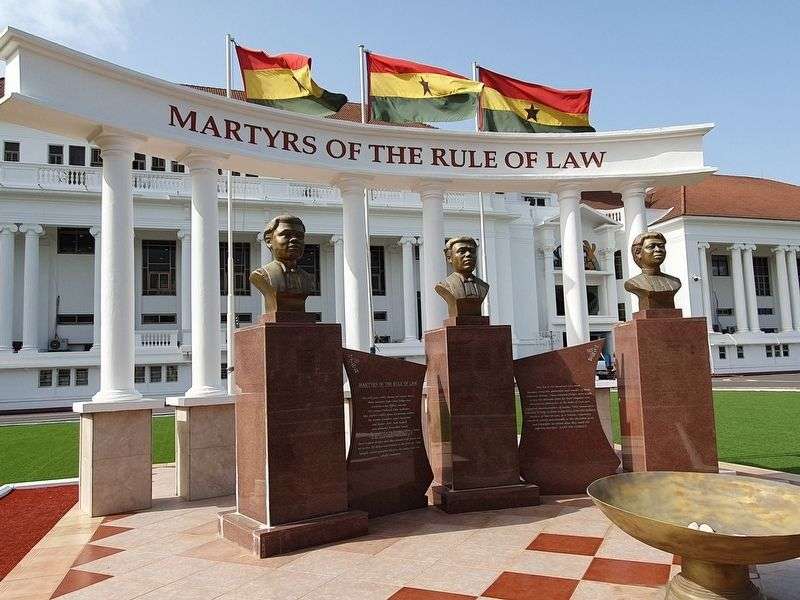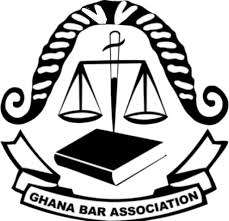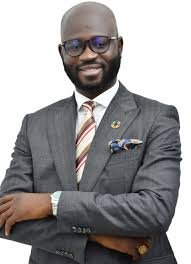The Ghana Bar Association (GBA) is at a critical turning point following a sharp and unprecedented rebuke from Attorney-General Dr. Dominic Ayine.
According to Prof. Stephen Kwaku Asare, a legal scholar and Democracy and Development Fellow at CDD-Ghana, the public clash has exposed deep questions about the GBA’s credibility and constitutional role.
“GOGO can’t remember a time when the Attorney-General, the leader of the Bar, gave it wotowoto to the GBA as just happened in Wa.
“It was an in-your-face dishing out that leaves the GBA at a crossroads: Should it reset or double down?”
Prof. Stephen Kwaku Asare
Prof. Asare reminded the public that the association is not merely a private professional group for lawyers. Instead, it is deeply entrenched in Ghana’s constitutional framework, wielding influence across several key state institutions.
For example, the GBA has representation in multiple national bodies: one representative on the Council of State under Article 70(2)(d); two representatives on the Judicial Council under Article 153(f); two lawyers nominated to the Rules of Court Committee under Article 156(1)(c); and a nominee on the National Media Commission under Article 166(1)(a)(i).

The association also has seats on the Police Council, Regional Police Committees, Prisons Service Council, Regional Prisons Committees, the Lands Commission, and all Regional Lands Commissions.
Prof. Asare emphasized the importance of the association’s constitutional role, explaining that matters involving the association go beyond the interests of lawyers alone and are of significant public concern.
According to him, the association’s credibility directly impacts the overall health of the country’s constitutional order. “This is why the AG’s wotowoto cannot be brushed off as an internal family quarrel.”
Historical Contradictions and Current Debate
Prof. Kwaku Asare further drew attention to what he sees as a historical inconsistency in the GBA’s conduct.
The legal scholar pointed to the association’s stance in 1995, when it sought to remove then-Chief Justice Isaac Kobina Abban through what he called a “back door” process.
This earlier attempt stands in stark contrast to the association’s current position on the application of Article 146, which governs the removal of judges.
Prof. Asare observed, “The GBA has framed the latter as an attack on the judiciary, while its attempted removal was characterized as an attempt to save the judiciary.”
He suggested that this history has left the impression that the GBA believes only it has the authority to initiate the removal of a Chief Justice. “If the back door was not an attack on the judiciary, it strains credibility to argue that the front door is,” he argued.

The current situation, he said, now forces the GBA to make a difficult choice: to reset and reclaim its constitutional role or to double down and risk further decline.
Accordingly, Prof. Asare laid out several reasons why the GBA should take the path of reform. He cited a credibility crisis, explaining that admitting past mistakes would restore the association’s moral authority and consistency.
He added that a reset would also rebuild public trust, positioning the GBA as a truly impartial defender of the rule of law.
“Reform is the only way to make the GBA matter again to its members and the nation. Resetting aligns the GBA with constitutional principles, not partisan convenience.”
Prof. Stephen Kwaku Asare
He stressed that such a move would have a national impact, strengthening democracy and judicial independence while serving as a model for other professional organizations.
GBA’s Doubling Down Clarified
However, Prof. Asare acknowledged that there are also forces pushing the GBA to maintain its current posture.
He highlighted face-saving as a major factor, as admitting inconsistency would be difficult and embarrassing for the association’s leadership.
Other pressures include partisan politics, with certain factions benefiting from the current stance and therefore resisting reform.
He also noted that doubling down provides short-term solidarity, rallying members around the narrative of an “attack on the judiciary.”
Moreover, sticking to the status quo allows the GBA to retain control of the public narrative. By continuing to present itself as the judiciary’s defender, even selectively, the association can remain prominent in public discourse.

“The choice is stark. Reset earns long-term respect; doubling down buys short-term noise. The AG has made a prima facie case. The ball is now in the GBA’s court.”
Prof. Stephen Kwaku Asare
Prof. Asare concluded by emphasizing that the GBA’s next steps will have far-reaching consequences for Ghana’s constitutional order and the public’s trust in its institutions.
“The nation awaits whether it will choose renewal or retreat,” he said, urging the association to seize the moment to reform and rebuild its credibility.
This debate comes in the wake of Attorney-General Dr. Dominic Ayine’s sharp criticism of the GBA, accusing it of being biased and partisan.
The clash has ignited a national conversation about the role of the GBA in protecting judicial independence and upholding the principles of democracy.
READ ALSO: Gyakie Opens Up About Love And Situationship Struggles



















